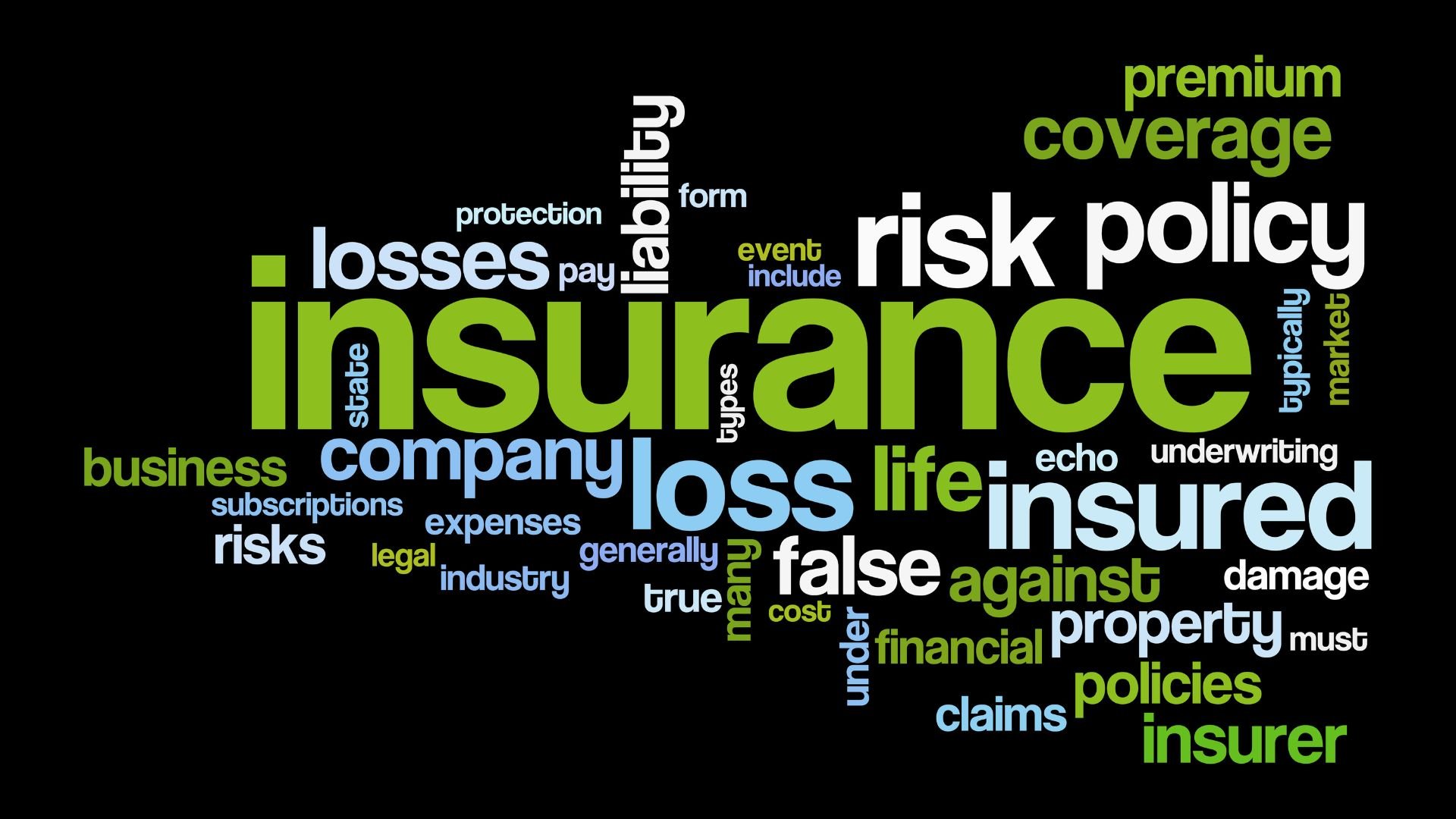Running a small business is like spinning plates. You're balancing a plethora of responsibilities and it's easy to let some things slip. One aspect you can't afford to overlook is insurance coverage. Whether it's addressing liability issues or safeguarding your employees, insurance acts as a vital safety net, keeping your business afloat amidst unforeseen challenges. But what types of insurance does a small business need? Let's break it down.
General Liability Insurance: Safeguard Against Accidents
Despite meticulous planning and management, accidents are an unfortunate reality. General liability insurance protects your business against financial losses stemming from bodily or personal injuries, as well as property damage tied to your services, operations, or employees. Crucially, it also covers your legal defense costs should you face a lawsuit linked to these incidents.
Professional Liability Insurance: Shield for Service Providers
For businesses offering professional advice or services, professional liability insurance is indispensable. This coverage, often called errors and omissions insurance, guards against negligence, malpractice, or misrepresentation claims. It shoulders the burden of legal defense costs and potential damages from lawsuits.
Property Insurance: Protecting Your Assets
Every business, regardless of its size, needs to protect its physical assets. Be it an office, a retail location, or valuable equipment, property insurance covers damage or loss due to fire, storms, theft, or other covered incidents.
Casualty Insurance: A Broad Umbrella of Coverage
Casualty insurance is a broader category providing protection against legal liability for losses caused by injury to other people or damage to their property. This includes incidents on your property, product liability, completed operations, and contractual liability. Commercial general liability coverage (see above), a common type of casualty insurance, can protect your business if it's sued for causing bodily injury or property damage.
Workers' Compensation Insurance: Ensuring Employee Welfare
As soon as you hire your first employee, workers' compensation insurance is essential. It covers medical costs and lost wages if an employee is injured or falls sick on the job. It’s not just a legal requirement in most states; it also shields you from potential legal complications. Each state is different, so make sure you check the laws in your state on what coverage you need, and when you need coverage.
Business Interruption Insurance: Continuity in Crisis
Disasters can disrupt business operations, causing financial strain. Business interruption insurance compensates for lost income, rent, and other operating expenses during such periods, helping you maintain financial stability.
Commercial Auto Insurance: On the Road Safely
Businesses that own, lease, or rent vehicles, or have employees who use their personal vehicles for business, require commercial auto insurance. It covers costs linked to auto accidents, including vehicle damage, driver injuries, and liability claims.
Cyber Liability Insurance: Defense in the Digital Age
With cyber threats looming large, businesses big and small must guard against them. Cyber liability insurance covers losses from cyberattacks, data breaches, and other cyber threats, including costs associated with data recovery, client notification, public relations, and legal fees.
Directors and Officers (D&O) Insurance: Guarding the Decision Makers
Directors and officers (D&O) insurance protects individuals at the helm from personal losses if they're sued due to their role in the company. It covers legal fees, settlements, and the company's reimbursements to these individuals following a claim.
The risk of litigation is ever-present in today's society, threatening the personal assets of directors and officers. With D&O insurance, your company's leaders can focus on steering the business, secure in the knowledge they're shielded from personal financial ruin in case of a lawsuit.
The Importance of Insurance for Small Businesses
Insurance is more than a 'nice-to-have'. It's a cornerstone of your business risk management strategy. It protects your small business by reducing financial losses during unexpected events, enhancing credibility, protecting your employees, and ensuring legal compliance.
In short, insurance offers peace of mind, allowing you to concentrate on nurturing your business, confident in your preparedness for unexpected obstacles. Consulting an experienced insurance agent or broker is advisable to make sure your coverage aligns with your specific business needs and risks. After all, every small business is unique — and so are its insurance requirements.


